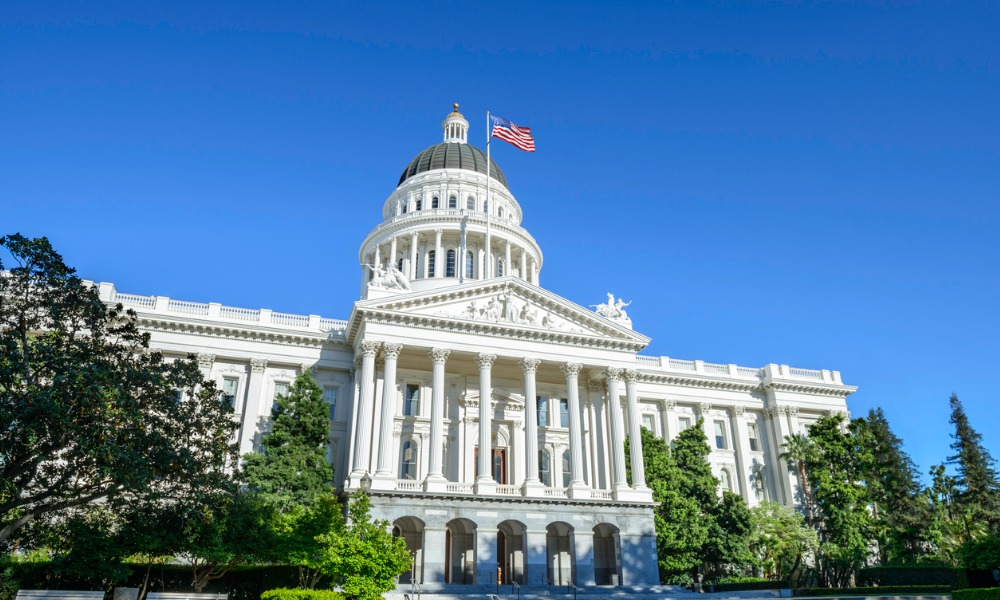
But will Bill SB 403 lead to 'intrusive questions'?

In a followup to HRD reporting last month on a proposed caste discrimination law in California, legislators voted 31-5 Tuesday in favor of making it illegal to discriminate against an individual based on their caste.
As reported by CTV News, the senate approved the bill to amend the definition of “ancestry” in California’s Civil Rights Act to “includes, but is not limited to, lineal descent, heritage, parentage, caste, or any inherited social status.”
The bill goes on to define caste as: “an individual’s perceived position in a system of social stratification on the basis of inherited status. ‘A system of social stratification on the basis of inherited status’ may be characterized by factors that may include, but are not limited to, inability or restricted ability to alter inherited status; socially enforced restrictions on marriage, private and public segregation, and discrimination; and social exclusion on the basis of perceived status.”
After this success in the senate, the bill – SB 403 – will now be sent to Governor Gavin Newsom for final approval.
As outlined in HRD’s previous coverage of this story, this law, if enacted, will mean more individuals will be able to come forward with claims of discriminatory workplace practices. As lawyer Joy C. Rosenquist advised, HR professionals should begin educating themselves now on the nuances of the thousands-year-old practice of caste separation, and how it might play out in their workplaces.
“It's clearly an emerging workplace relations issue,” Rosenquist said in an interview with HRD. “If it has not yet affected your HR staff, it probably will within the foreseeable future … it is a nuanced and complex social relations issue. It is a tough dispute to get involved in.”
However, opponents have argued the bill is unfair because it only applies to people in a caste-based system, according to the CTV News report. A letter to state lawmakers from the Hindu American Foundation worried that South Asians could be "forced to answer intrusive questions about or be judged for who they are married to."
The bill will also add caste as a protected category against discrimination to the California Education Code, the Civil Code, and the Government Code
It is the first law of its kind in the U.S.; earlier this year Seattle became the first city to enact such a law when it added “caste” to its protected categories due to protest from Dalit tech workers there.
Caste discrimination has been banned in India since 1948, but many members of the South Asian community have been pushing for the same protection in the U.S. Bill author Senator Aisha Wahab said in the CTV News report that the practice has taken hold in the states, especially in the tech industry.
“Caste discrimination will not be tolerated in California," Wahab said.